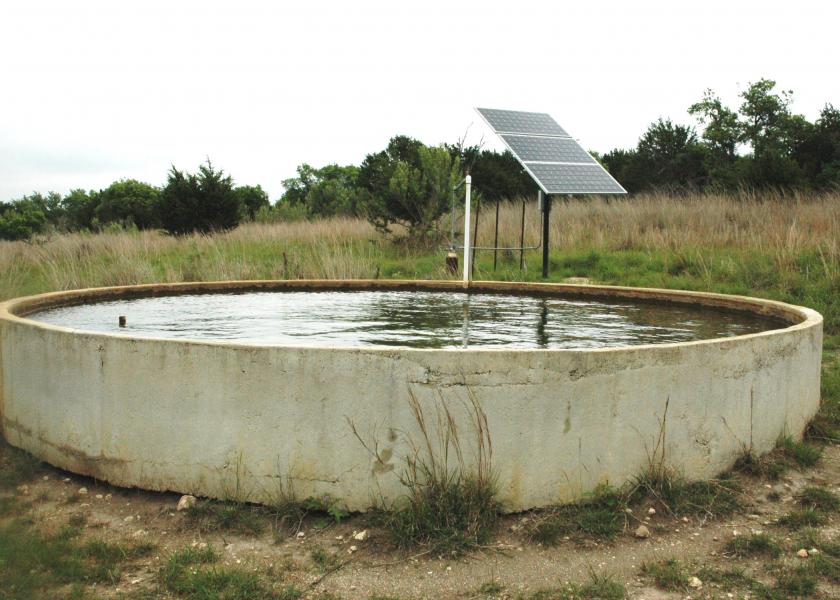Prepare Your Water System For Winter

While many of the water well systems in the northern U.S. are required to be built under the frost line, there is a large section of the South and Midwest where pumping systems are constructed above ground or above the frost line.
For these systems, it’s important to take steps to keep your well safe and operating through the winter.
Here are some suggestions to keep your water well safe this winter:
Protect Your Pump
Many well systems are buried deep underground, which provides protection from the cold. But for well owners with above ground pumps, action should be taken to keep the system insulated and warm. Constructing a small insulated enclosure covering the pump will help keep the system above 32 degrees and reduce the risk of freezing and other damage. This small “well house” can save thousands of dollars in repairs and ensure a well operates throughout a cold winter. Find a qualified contractor.
Protect Your Pipes
As water freezes, it expands and can burst your pipes, leading to significant damage to your home and well. Frozen pipes are a common winter issue for homeowners, but can be avoided with a few easy steps.
- Turn off your exterior water and blow out your pipes.
Ideally your house will have a shut-off valve for its exterior water supply. If so, turn off any water that flows to outside irrigation systems and faucets. Once you have turned the water off, then drain the remaining water or use an air compressor to blow out the pipes. If you don’t have a shut-off valve, find a local contractor for other options to shutting off exterior water. - Insulate your pipes.
For houses with piping that runs through non-heated spaces like basements, we suggest insulating pipes. Wrapping pipes with rubber casings or fiberglass insulation can keep their temperature above freezing and the water flowing. - Inspect your pipes.
This is a great time to do a general inspection of your water system and piping. Spotting a problem in your system now could save you from a costly problem this winter. Find a certified contractor to schedule an inspection.
Prepare for a Power Outage
While there is little that can be done by the homeowner to prevent power outages due to winter weather, there are steps to take so you have water to drink while waiting for the lights to come back on.
- Always have a portable gas generator and plenty of gas to connect to your pumping system.
- Stock up on bottled water before the winter; this way if there is a prolonged outage, you can still have clean drinking water in the house.
Contact a local contractor to learn more about backup generators and other options to keep your water flowing during a power outage.







